SE007
AAAH Plenary Session
18
Nov
ORGANIZER
- WHO SEARO
- WHO WPRO
- WHO EMRO
- USAID/HRH2030
- ADB
- JICA
- PMAC
- IHPP
Since the first case of COVID-19 patients was reported in China in January 2020, the number of new cases and deaths are still rising globally. Many countries have faced many pandemic waves from this disease. Health care workers (HCWs) and health workers (HWs) are at the forefront of the COVID-19 response to test, track and trace suspected cases, and treat the COVID-19 patients and still need to deliver essential health care services for non-COVID-19. Therefore, HCWs have faced many challenges to deal with this long period of outbreak both in physical, psychological, family and social issues. Some of them also died from this disease. It aggravates the health system challenges of many shortage HRH’s countries, especially AAAH members’ countries.
Sharing experiences from countries are important lessons learnt for global and AAAH members’ countries to provide effective public health response to COVID-19 outbreak. AAAH webinar series 2020 were organized from August – October 2020, comprising 3 main webinars. The first webinar comprising of 3 episodes focused on mobilizing surge capacity of health care workers in response to COVID-19 pandemic:
- Episode 1: Mobilizing surge capacity for public health actions, which include field epidemiologists, public health workforce for case identification, contact tracing, quarantine, risk communication and community engagement, leverage of private sectors, identify innovation strategies (if any), challenges and recommend effective solutions, organized on 14 August 2020;
- Episode 2: Mobilizing surge capacity for diagnostic and clinical management which include physicians, nurses and midwives, pharmacists, laboratory technicians. What additional measures are introduced such as package of financial, non-financial incentive including social recognition packages, identify challenges and recommend effective solutions, organized on 21 August 2020;
- Episode 3: Sustaining non-COVID-19 essential health services and maintaining quality of care (such as non-communicable diseases, accidents and emergencies, and other medical urgencies) by HCWs in the context of COVID-19 response, organized on 28 August 2020.
Based on the first webinar, it found that countries have used various strategies to overcome capacity of HCWs in response to COVID-19 pandemic:
- Gatekeeping in primary healthcare system;
- Shifting Task through volunteers and complementary nonmedical staff;
- Building capacity and training of existing staff;
- Increasing the number of health workers through recruitment and deployment;
- Provision of incentives to health workers and volunteers;
- Addressing mental and emotional stress of health workers;
- Tapping complementary actors in the health system;
- Reducing the demand for health services by controlling the outbreak;
- Cultivating Strong and coordinated leadership and governance during crisis
On this AAAH plenary session of day 1, the global, regional, and national situation and policies on COVID-19 responses will be discussed. The synthesis summary of webinar 1 will be reported and be reflected by HRH experts for formulating a policy recommendation on addressing HCWs’ challenges in response to COVID-19 and other future outbreaks. All HCWs are recognized and are honored for their committing and devoting themselves to address health workforce issues in their countries and making great contributions on UHC and SDGs and COVID-19 outbreak, especially nurses and midwives as part of “International Year of the Nurse and the Midwife”. Importantly, HCWs and the people who lost their lives to COVID-19 will also be honored.
- To identify the global movement on COVID-19 outbreak;
- To recognize nurses and midwives for achieving UHC and SDGs and COVID-19 outbreak and HCWs as the frontline workers to play an essential role in detecting the suspected cases and providing care for COVID-19 patients;
- To synthesize summary of national and global experiences in planning and implementing to mobilize the surge capacity of HCWs who are responsible for public health actions and clinical services in response to COVID-19 pandemic;
- Identify policy recommendations on addressing HCWs’ challenges in response to COVID-19 and preparing other public health emergencies in the future;
- To recognize the persons who commit and devote themselves to address health workforce issues in their countries
KEYNOTE SPEAKERS


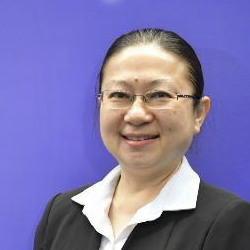

-20201118-7364.jpg)
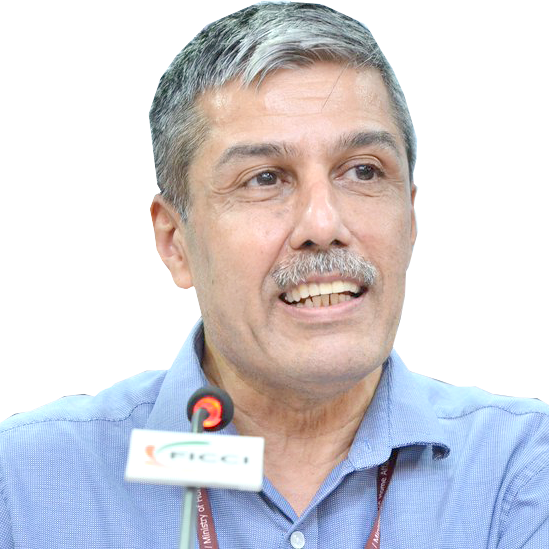
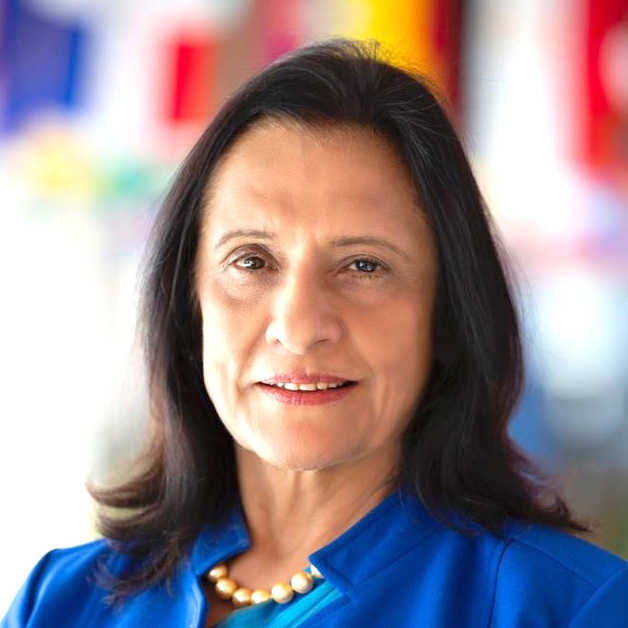
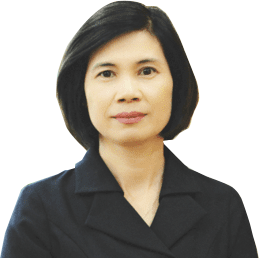

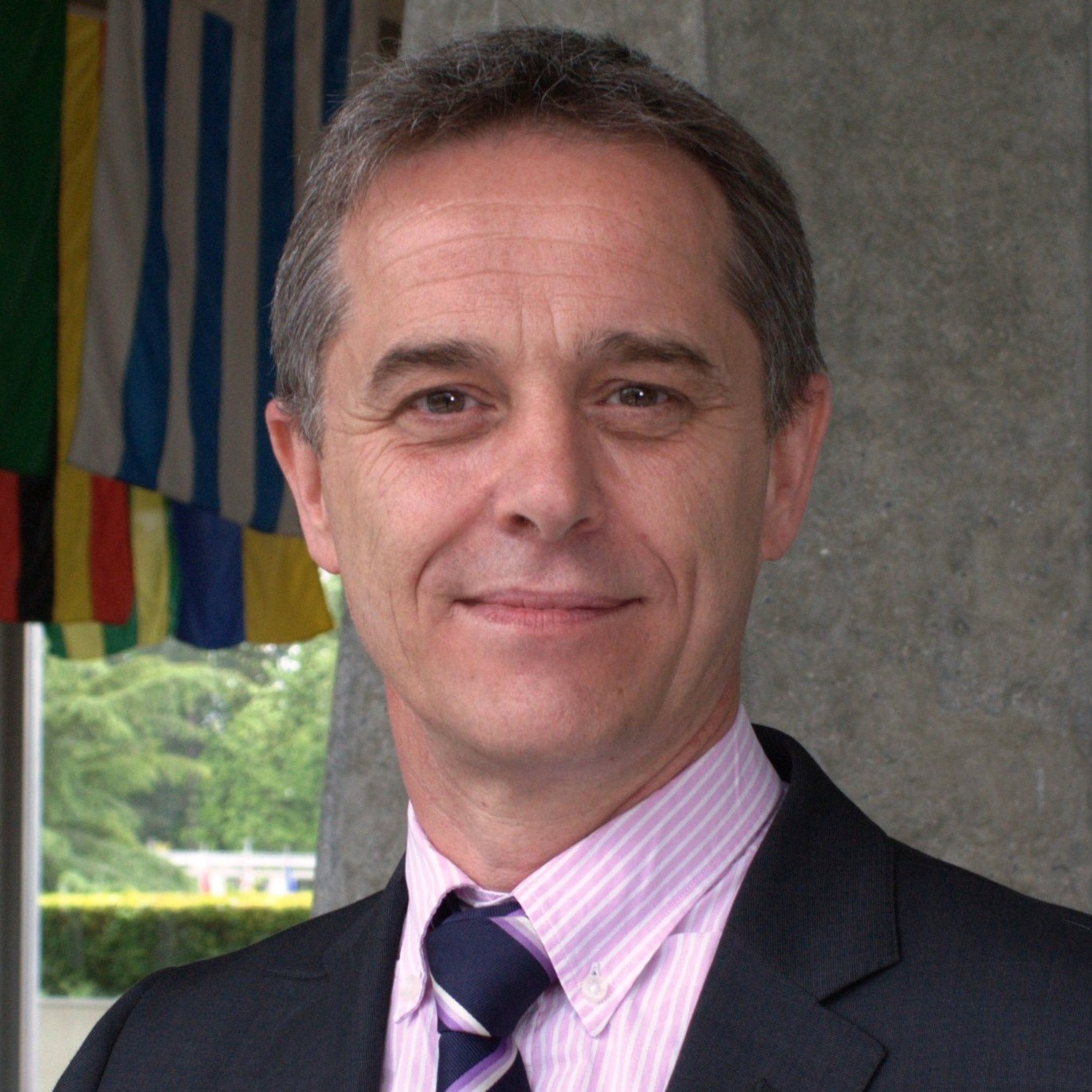
-20201118-2823.jpg)